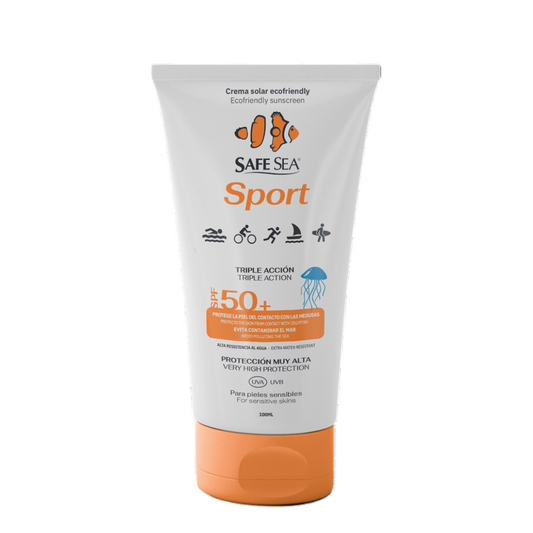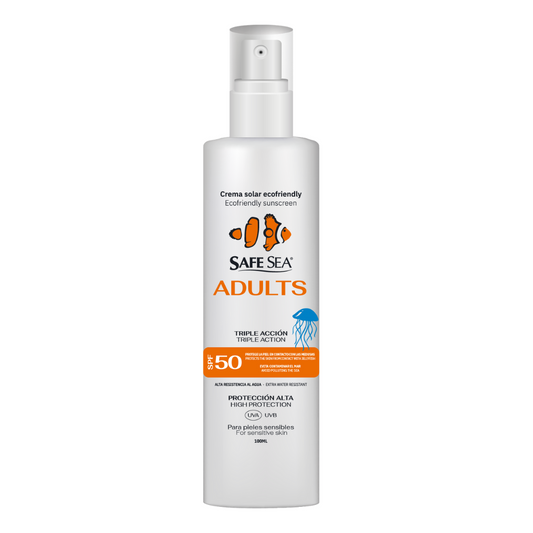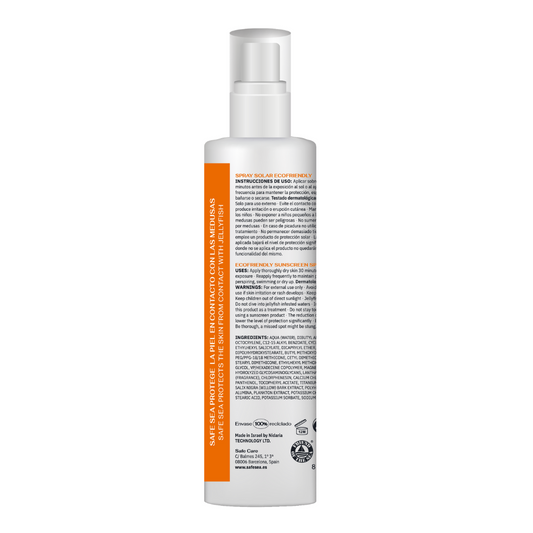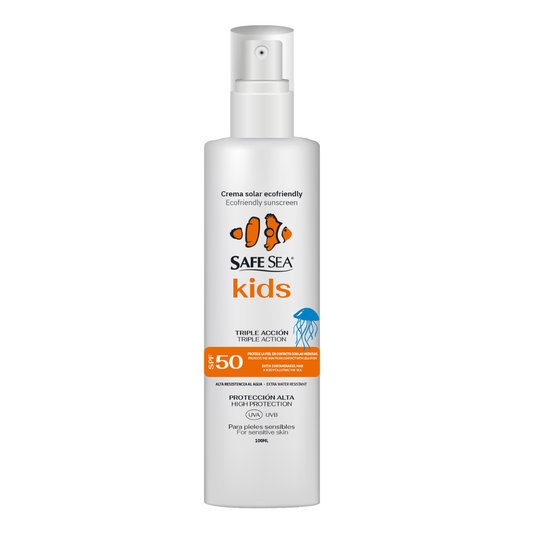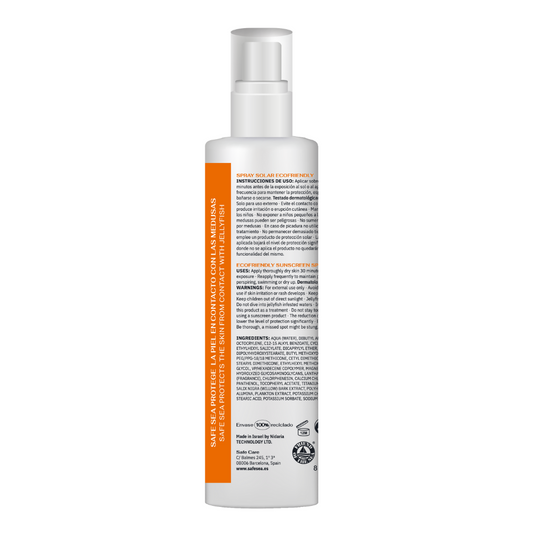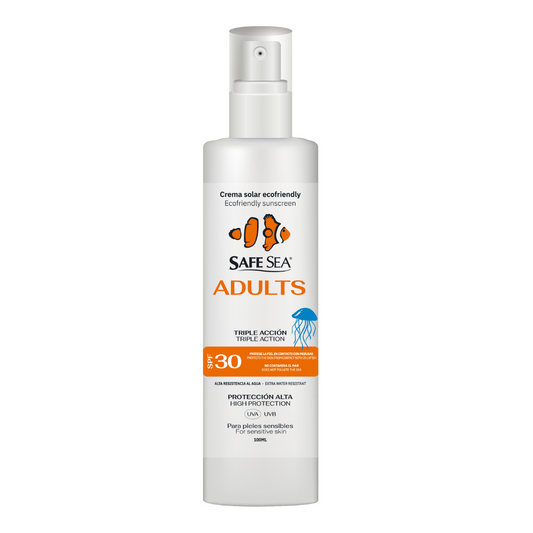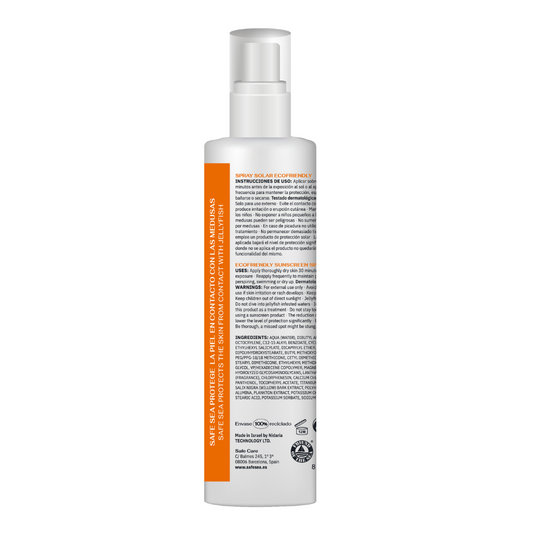How does chlorine affect the skin?

The long-awaited summer is here, and with it, the opening of swimming pools. For many of you, they become allies during these hot days. Especially for those of you who do not live in coastal areas and have to wait for the vacations to arrive to be able to set foot on the beach. From Safe Care Cosmetics, we encourage you to look for bathing alternatives like this one, but beware! You must keep in mind that during this period of the year, when the sun and water are complete protagonists of our day to day, the skin needs more care. Below, we explain how chlorine affects the skin.
How does chlorine affect the skin?
Chlorine deteriorates the skin's protective fatty mantle, so it is very important to moisturize the skin after bathing, both on the body and face. Chlorine contains sodium hypochlorite which can cause chemical reactions on the skin, as well as irritation, swelling and loss of melanin.
We recommend protecting the skin by providing extra hydration with the continued use of our sunscreens Safe Sea, extra water resistant. The formulation of these sunscreens resists up to 95% after 80 minutes of water activity. In addition to protecting the skin from the sun's harmful rays(UVA/UVB), it also reduces the effects of chlorine. After its application, it creates a barrier on our skin, becoming the best method of prevention and protection.
In addition, the effects of chlorine can be reduced by good pool maintenance and simple actions such as avoiding prolonged exposure, wearing a pool cap, taking a shower when getting out of the pool and immediately applying sunscreen.

Are some skins more sensitive to the effects of chlorine?
Yes, people with atopic skin are more sensitive to the effects of chlorine. They have an alteration in the skin barrier. This causes a loss of water through the epidermis that produces dryness and susceptibility to the penetration of substances that cause skin irritations.
People with psoriasis may also experience dryness or irritation of the skin after exposure to swimming pool water. Although to a lesser extent than atopic skin. Exposure to the sun and simply being on vacation in a relaxed environment such as the beach or swimming pool helps to control the outbreak of psoriasis.
How does salt affect the skin?
The skin is one of the great beneficiaries of the effects of salt water. Unlike fresh water, it has a significant number of trace elements such as sodium, iodine, zinc or potassium, which act as curative. In addition, salt water also has antibiotic properties for the body, as it helps to eliminate possible bacteria affecting our skin. But not only that, the accumulation of minerals in seawater will favor a better nutrition of our skin, which will significantly improve its appearance. It seems that all are advantages!


